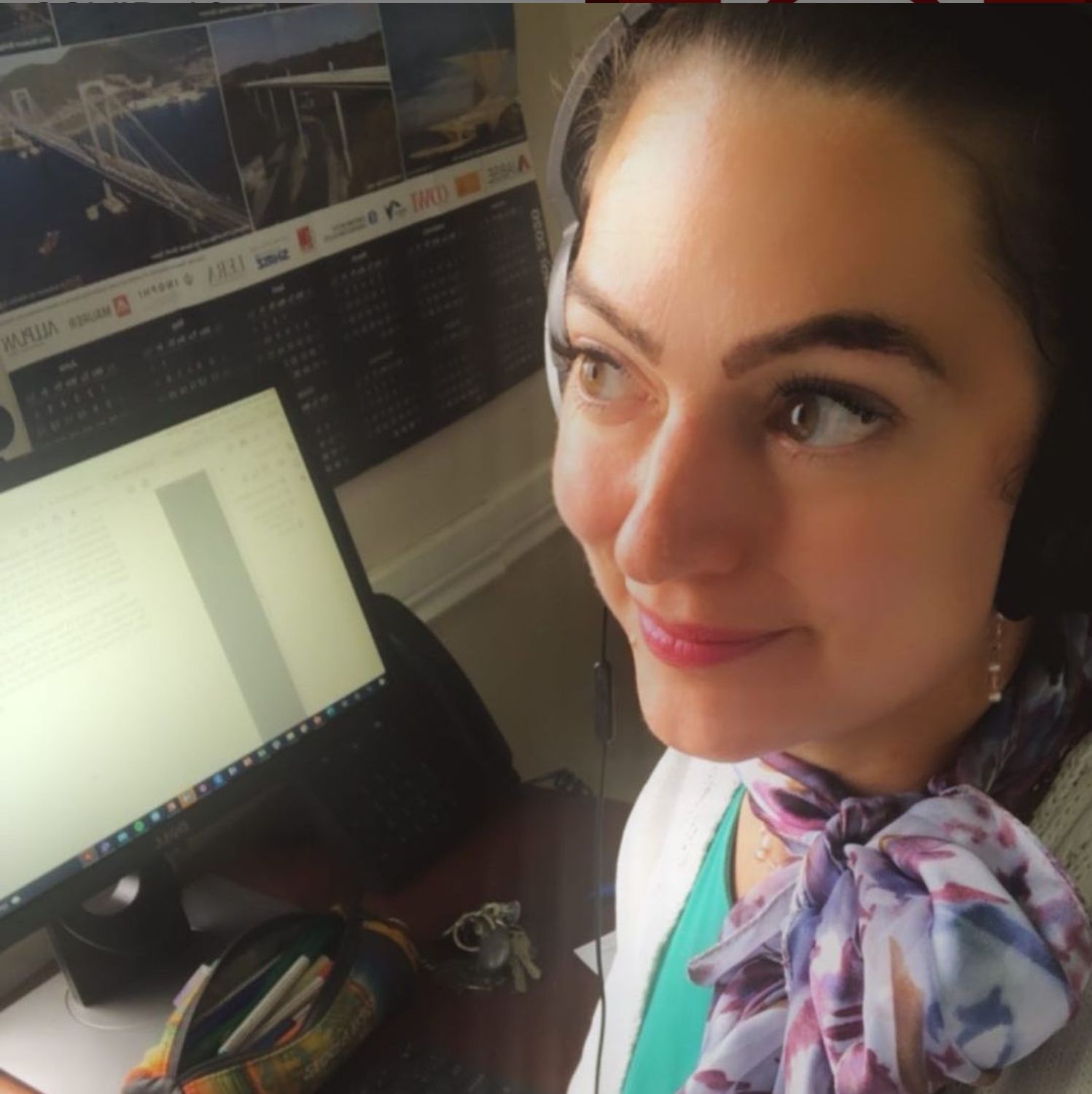
What makes research impactful
As I have been mulling over the limitations of citation metrics in relation to being a top 2% scientist, I found myself thinking about what makes research impactful.
Here are some ways I value the impact of research:
- Makes the world a better place: Of course, the most impactful research is the type of research that really makes our world a better place. A cure for cancer, a way to reduce suffering… all of these major breakthroughs are of the highest level of impact.
- Practical application: When something I have developed can be applied in practice, it may not be cited by other papers, but knowing that practicing engineers are using the insights of my research is a good metric for impact, in my opinion.
- Theoretical breakthrough: A theoretical breakthrough will typically result in a well-cited paper. However, with today’s focus on applicable research that potentially can be commercialized, fundamental research has taken a backseat. Therefore, I want to stress that I think fundamental research is still necessary, valid, and required to develop theoretical breakthroughs
- Used in technical committees: If my research is being used in the technical documents of a technical committee, it will not be cited by another journal paper (as these technical documents typically are not indexed), but I know that my work will be seen by many others.
- Data or code is used: Data or code can be used, potentially cited if it has a DOI, and creates a new layer of impact beyond our traditional writing.
- Basis of future developments: A first step in a new direction is exciting – and such work can be very impactful as well.
How do you define impactful research?
Share with your peers!



